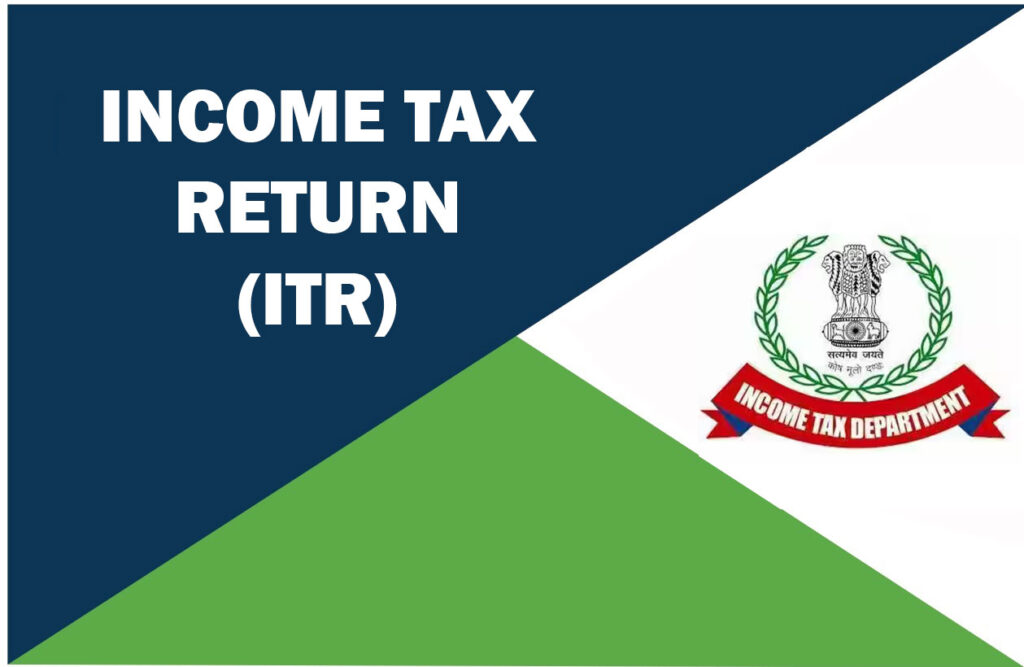Income Tax Notices
What is Income Tax
Notice?

It is a written communication sent by Income Tax Department to the taxpayer alerting an issue with respect to his tax account. A notice can be sent for many reasons like filing / non-filing of Income Tax returns, defective returns, for the purpose of making an assessment, asking certain details etc. When a notice is sent by the department the taxpayer has to act on the notice within the stipulated time and has to get the matter resolved with the tax authorities. if any scrutiny arises, provide all the relevant details or documents on time that the department seeks from you to verify the necessary details.
Taxpayers, in general, are issued income tax notices under Section 139(9),143(1), 143(2), 143(3), 245, 144, 147 and 148 of Income Tax Act, 1961regarding non-filing of ITR, concealment of taxable income, claiming an in genuine tax refund, computing excessive tax losses, long term capital gains(LTCG), scrutiny etc.”
We have a team of professionals comprising Chartered Accountants, Company Secretaries and other professionals provide a comprehensive service in filing Income tax returns for individuals, HUF, firms and corporates and help them in complying with tax compliances. Any income tax notice is received by you, please send us the copy of the notice/order to info@taxbaniya.com together with your queries. Our Tax-experts will respond to you with a reply to the notice and query and also help you in filing the reply to the tax notice or order received by you
Types of Income Tax Notices
Notice u/s 131(1A)
If the assessing officer believes that the tax-payer is concealing his income or a part thereof, he can serve a notice under this section. Through the notice, the assessing officer can enquire the books of accounts of the taxpayer and investigate into the taxpayer’s income. There is no specific time limit to issue this notice.
Notice u/s 142(1)
This notice is served by the assessing officer u/s 142(1) in two cases. Firstly, if the officer requires additional information and documents pertaining to your income tax returns. Secondly, if the return is not filed, but the officer wants the return to be filed. If you do not respond to the notice served under Section 142(1), you would face a penalty of INR10,000, prosecution for up to 1 year or both.
Notice u/s 139(9)
If the AO believes that a defective income tax return is filed, he would serve you notice under this section. The error can be missing information, use of the wrong ITR form, incomplete return, etc. The officer would also highlight the defect in the income tax return and recommend the solution thereof. You get a period of 15 days to respond to the notice. If you do not respond, your ITR would be rejected.
Intimation u/s 143(1)
On filing of income tax returns, a notice cum intimation is sent u/s 413(I) of the Income Tax Act 1961. It is not always necessary to respond against this notice, as in most cases it’s just an intimation stating that the return has been successfully processed. However, sometimes the department can send, routine notices in the nature of providing information on calculation errors, mismatch of income declared in return and as appearing in Form 26AS etc. It contains information related to an additional tax liability or refund or if the loss amount mentioned in the return should be increased or decreased or if filed return is perfect
Notice u/s 143(2)
A notice u/s 143(2) is sent to the taxpayer if the Tax Department chooses to scrutinize the ITR of the taxpayer. The assessing officer sends this notice within 6 months from the end of the financial year in which the return is furnished. After the notice is received by the taxpayer, he/she should reply to the questionnaire issued by the income tax department and submit all the additional documents requested
Notice u/s 148
This notice is sent in cases where the assessing officer(AO) has a reason to believe that a taxpayer has filed his ITR on a lower income or not fi led when he was mandated by the law. The time limit to send the notice under this section depends on the amount and nature of income escaped.
Notice u/s 156
If there is any type of demand like penalty, fi ne, tax or any other amount which the taxpayer is supposed to pay to the income tax department, a notice under Section 156 would be issued. This notice is also called the notice of demand and the taxpayer should pay the due amount within 30 days of receiving the notice.
Notice u/s 245
This notice is served by the assessing officer(AO) if it is believed that you have not paid taxes in the previous FY where you had a tax liability and the tax refund of the current FY can be used to pay off the tax liability. You are required to respond within 30 days, failing which, the AO would consider it as consent to adjust the tax refund with previous tax liabilities and then issue your refunds after such adjustments.
